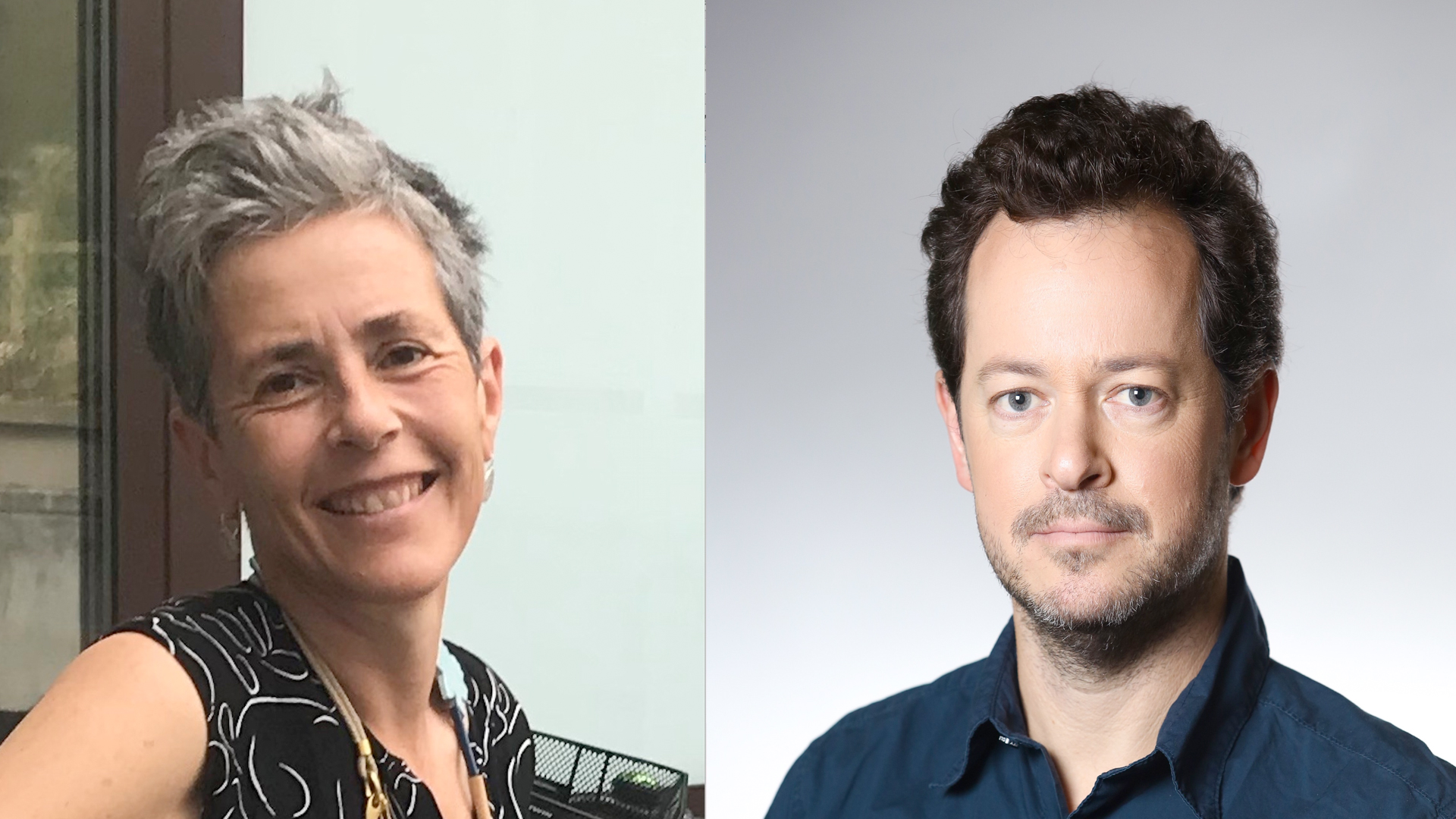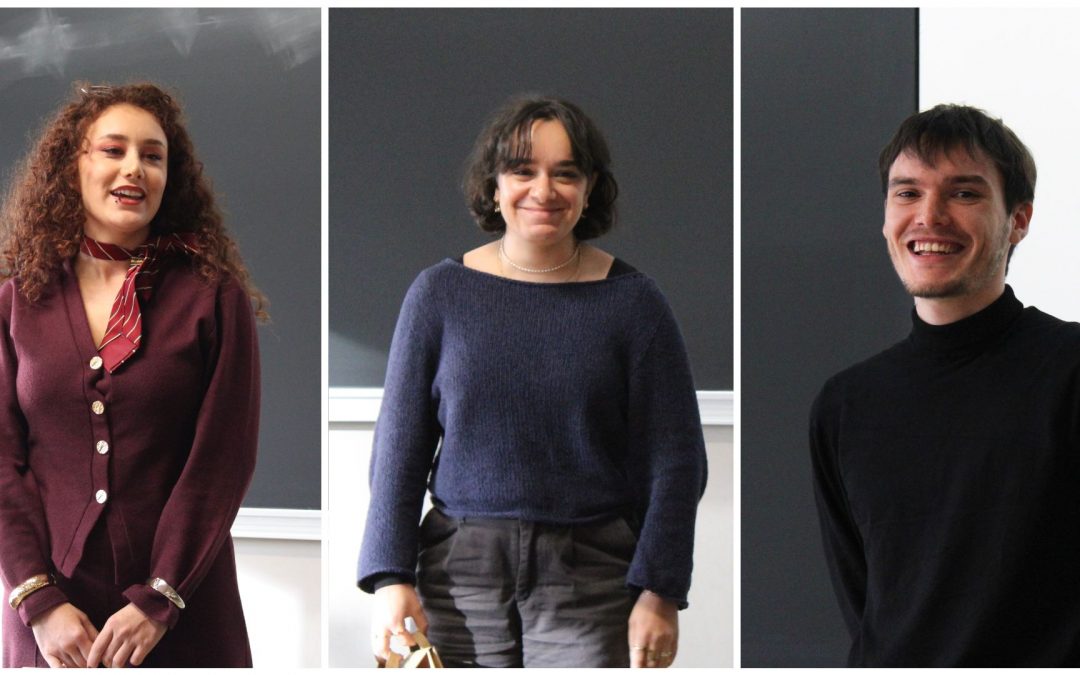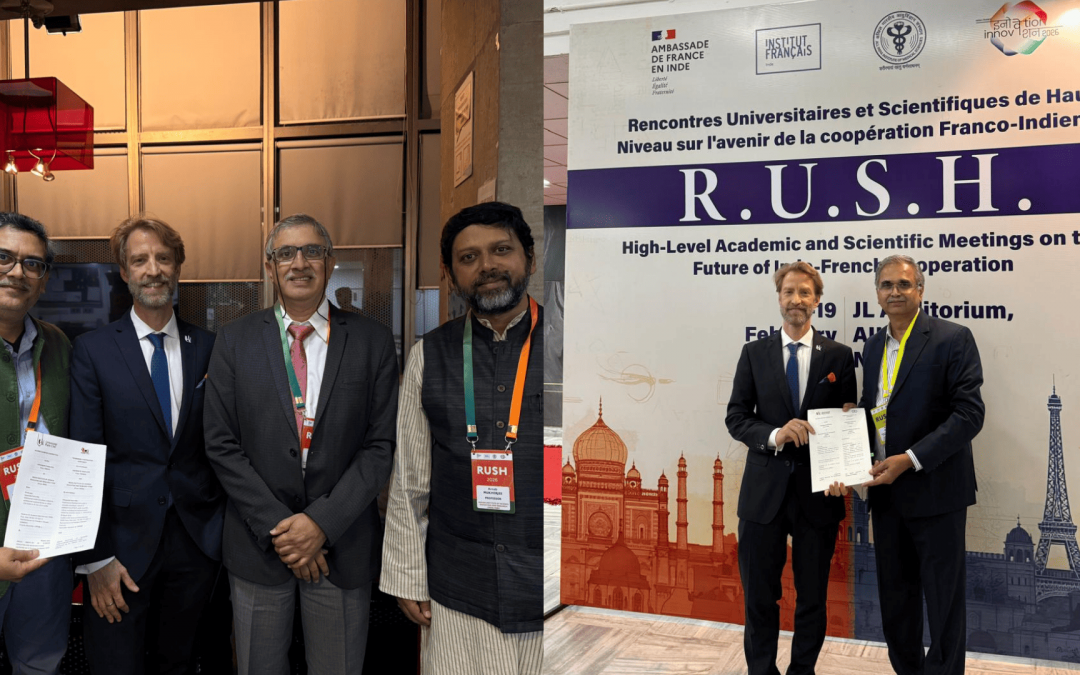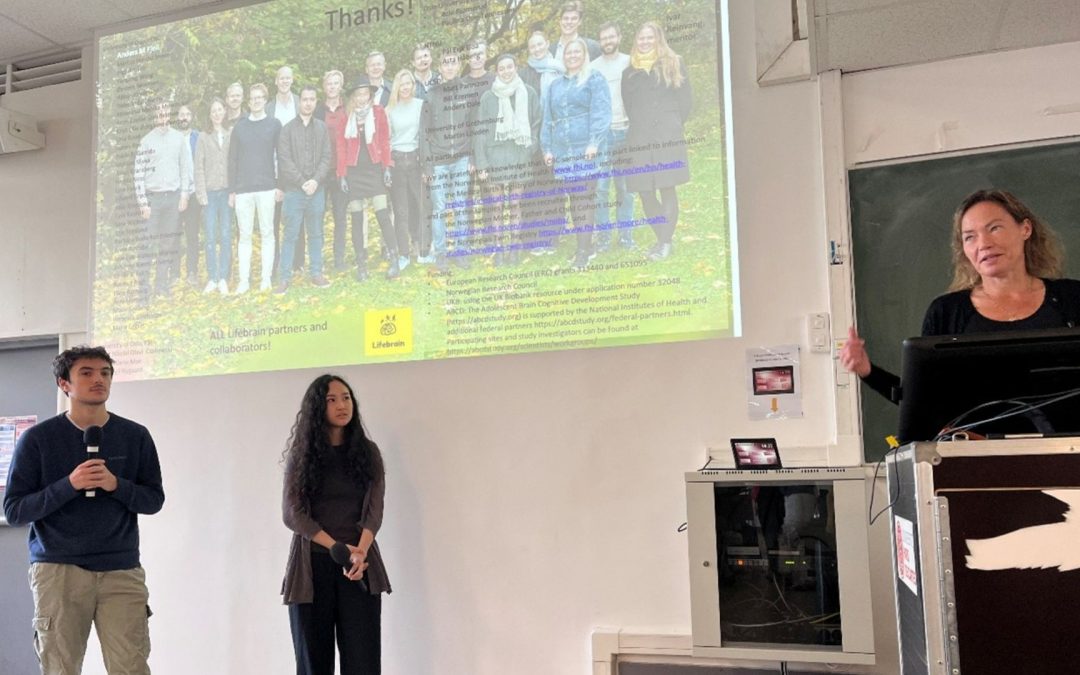International Guest Researchers Programme: An Interview with Nathalie Blanc and Nathan Marom

© Nathalie Blanc and Nathan Marom
In the framework of the international guest research programme at Université Paris Cité, since January, Nathalie Blanc, geographer, writer and Director of the Earth Politics Center is hosting Nathan Marom, urban researcher and senior lecturer from the Interdisciplinary Center (IDC) Herzliya near Tel Aviv, Israel.
Nathalie Blanc and Nathan Marom are our first set of peers, in a series of twelve portraits we are conducting over the course of the 2022 academic year. Together, they took the time to talk to us about their collaboration and the next steps in their joint research project.
Nathalie and Nathan did not know each other prior to starting their joint research. When Nathan contacted Nathalie, following a recommendation from a mutual colleague at Université Paris Cité, she immediately replied and arranged a meeting on zoom to share their ideas on their respective research. Given the common interests, they decided to move ahead with the invitation and formally apply to the visiting fellowship programme.
Nathalie and Nathan will be focusing their collaboration on how different notions of climate justice become localized within metropolitan cities, such as Paris and Tel Aviv. Climate justice refers to the unequal impacts of climate change, but also unequal responsibilities and vulnerabilities related to it. It is usually discussed at a global scale, for example between the affluent and carbon-intensive economies of the global North versus the developing countries in the global South. But climate change also affects communities, neighborhoods, and social groups at the local level in different territories. The focal point of their research will therefore be on the unequal impact of climate change at the scale of the city and specific urban communities. They will compare the ways in which local policymakers and activists in Paris and Tel Aviv address different issues of climate justice whether through urban plans or mobilizations and “everyday environmentalism”. This can include a wide range of local concerns, such as unequal access to healthy food or differential exposure to extreme weather events.
Building on their respective knowledge and data from the work already done in the Paris region and local Tel Aviv communities, they will be learning from the experiences of these cities as it relates to the local dimension of climate justice. In a comparative analysis, they aim to bring it all together in the form of a dialogue and allow their case studies to freely express themselves.
Are there differences in research methodologies in France compared to Israel ?
Both researchers have a qualitative approach and apply a range of methodologies. For Nathan Marom, what is important is that methodologies reflect a holistical view of urban space and processes. He brings different perspectives, given his interdisciplinary knowledge in architecture, urban planning, sociology, and urban political ecology. As for Nathalie Blanc, she relies on mainly qualitative methods which she combines with quantitative methods. She particularly appreciates the complementarity of approaches and the new perspectives that Nathan brings with his knowledge from various disciplines in architecture, urban development and sociology.
What are the next steps in your collaboration ?
“We have agreed do produce a joint authored peer reviewed paper, which will address inequalities with regards to climate justice issues. Our goal as researchers is not necessarily to make specific recommendations for policy-makers but to try to change the perspective more widely. By addressing climate justice as a local problem, you already begin to change the mindset”, explains Nathan Marom.
A draft framework will be written and the two researchers will be looking at the materials and case studies they will bring to the draft paper. “We need to get to know each other, it is a long process and we need to make sure that knowledge is brought to academic thinking on these issues”, highlights Nathalie Blanc.
Would you have an anecdote related to your work you can share with us ?
Nathan attended the 2 day event at the Campus Anthropocene outside Paris, at the bassin d’Orgeval last September, long before the official invitation. He was surrounded by French colleagues from multiple disciplicines rallied around common environmental concerns.“I was impressed by Nathan’s remark at the end of the event, reminding us that there was also a metropolitan dynamic in the region, and that we should not only take into account the local ecological problems, which was very accurate, demonstrating his strong relevance to the reflections carried out during these two days.” according to Nathalie Blanc.
What advice would you give to a student considering to pursue their professional career in research ?
According to Nathan Marom, “Students should seek out international collaborations and experiences. For me, everytime I had an exchange, I learned so much; it was the most formative academic experience being exposed to a completely different cultures as a student. You go back with a new gained experience, question your own environment. For a student, it is the most important experience they can have.”
About
Nathalie Blanc is Director of Research at the Centre National de la Recherche Scientifique (CNRS) and Director of the Earth Politics Center (formed in 2019 from a collaboration between Université Paris Cité, IPGP and Sciences Po). She was director of the UMR CNRS LADYSS from 2014 to 2019 and is based at Université Paris Cité.
Nathan Marom is a Senior Lecturer at the School of Sustainability, Interdisciplinary Center (IDC) Herzliya, Israel. His research on urban sustainability and resilience is informed by social theories of urban space and the environment, and is focused on the urban political ecology of metropolitan regions. Previously, he was a Marie Curie post-doctoral researcher at the Institute of Urban and Regional Development, University of California, Berkeley, and received his PhD from the Department of Sociology and Anthropology, Tel Aviv University.
Read more

Graduate School Sustainability, Organisations and Institutions Best Thesis Awards: Celebrating Scientific Excellence in Sustainability
The Graduate School Sustainability, Organisations and Institutions held its traditional awards ceremony for the Best Theses of its students. This distinction highlights the scientific excellence of research devoted to sustainable development and sustainability. Meet...
read more
The Indian Institute of Science Education and Research in Pune and the Indian Institute of Technology in Bombay: UPCité’s first partners in India.
Antoine Kouchner, Vice-President of Strategy and International Relations at Université Paris Cité, travelled to India for the official visit of the President, Emmanuel Macron, to the High-Level Scientific and Academic Meetings (RUSH). In this context, UPCité...
read more
International Day of Women and Girls in Science: celebrating the women who push research forward
February 11 was the International Day of Women and Girls in Science. On this day, Université Paris Cité reaffirms its commitment to the equality between men and women and celebrates the journey of the women who advance research. Between celebrating our heritage and...
read more
INC Day 2025: an international scientific day dedicated to neuroscience
The Neuroscience and Cognition Institute of Université Paris Cité (INC) organized a new edition of the INC Day, focused on neurodevelopmental trajectories. A key partner of the event, the Graduate School Neuroscience invited its first year and second year master...
read more